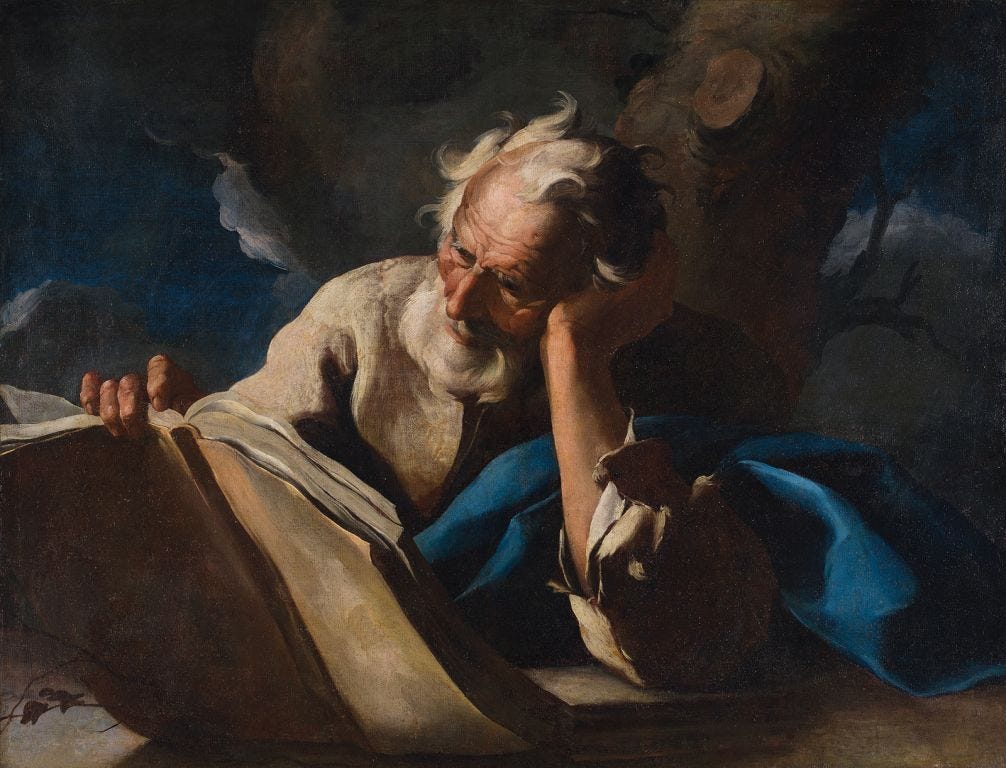Summer Sale, 20% off
Get the most out of your reading
How to get more out of your reading
We read great books for a simple reason. They are enchanting. Who doesn’t remember that feeling when they were young—the world slowly disappearing around you as you discover a great book…
But when we read the best that has been thought and said, we don’t just want to have our own emotional response to it. These books are some of the highest achievements of our civilisation. We want to understand them. We want to be able to converse with great writers, not just gawp.
The more we understand, the better we read. Some say they read for pleasure. What could be more pleasurable than seeing more in the books that you love? Knowing how the artistry of great writing works adds so much to our reading.
The best enjoyment is to be an active reader, who can see what’s going on, catch the meanings you might otherwise miss. The better you can see the hidden layers, the more you will get out of your reading time.
Seeing those deeper meanings recreates that youthful feeling of being lost inside a book. As we get older, we can keep exploring those magical worlds by learning more about how they work.
But so many readers struggle to get that understanding. Critical books are long and complicated. Many people go to book clubs to learn about literature. They want to know how a book works and what it means. Instead, all they get is interpretation.
The Common Reader exists to help you become a better reader. It gives you the history and context, and information about writing techniques and authors’ ideas, so you can see for yourself what the great books are really about and how they work.
The Common Reader is for people who aren’t experts but who want to understand and enjoy great books.
Testimonials
Don’t take my word for it. One subscriber said that after a session I ran, she understood modernism better than she had done during her entire A-level. Others have written to me saying how much more they are able to get out of their reading.
Here are some comments people have left on paid essays recently:
Great stuff. It’s such a densely written novel and your piece gets to grips with how to analyse the detail upon detail.
Fantastic close reading, and a very good discipline for me, I always read too fast. I’ve never even noticed Mrs Piper… It’s so lovely just to be reminded of what an extraordinary comic genius Dickens was. Thank you!
Erudite and entertaining!
Terrific post, as always…. Your analysis of Truman’s use of the passive voice in his diary is fantastic
Join a book club where you learn to be a better reader.
Online, in writing, or through video.
As a paid subscriber, you can come to the online book club meetings, watch the videos, read the essays. Or all three. And you can email me and leave comments about paid topics.
So far, the book club has been exploring nineteenth century literature. Alice in Wonderland is next. Then Rossetti, J.S. Mill, and Darwin. After that, we’re moving on to Shakespeare and his contemporaries.(You can see the schedule here.)
In the next few weeks, paid subscribers will be reading about Zadie Smith, the messy theory of history, and The Bondswoman’s Narrative, probably the first novel written by an African American woman.
There are also occasional topical essays, on questions like who really made the decision to drop the atomic bomb.
Art is long and life is short. There’s so much to read! The time to start is now.
And to help you get started, I’m holding a summer sale. 20% off for the next two weeks.
Subscribe now for 20% off
Being a paid subscriber means you can:
Join the Common Reader book club
Learn how literature really works
Explore the archives to read about classic authors
Discover the lives of fascinating figures from history in a new section, coming soon…
Subscribe in the next two weeks and you’ll get all of this—including the archives—for 20% off.


